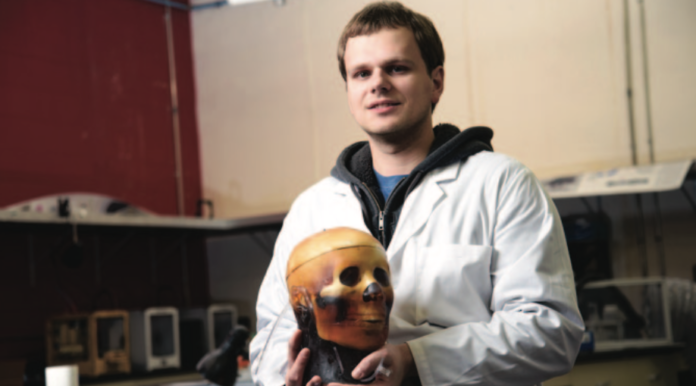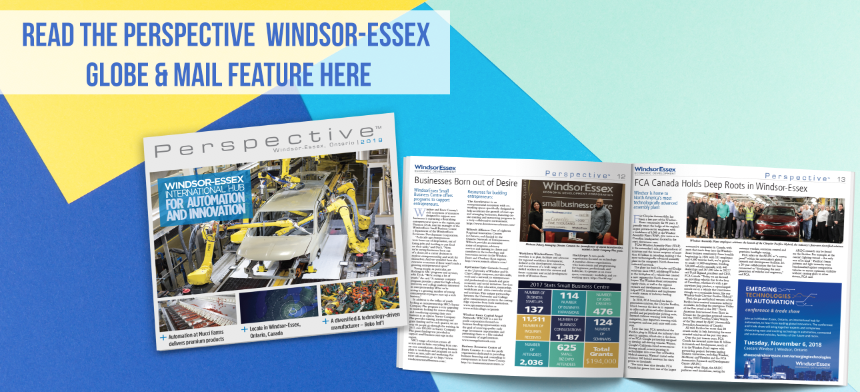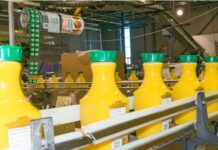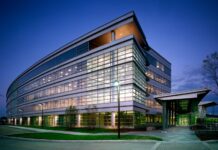Adrian Wydra sells “body parts.” Fabricated heads, organs, skulls, torsos and limbs are the specialty of True Phantom Solutions – a Windsor company that produces replicas of every part of the human anatomy.
“Here, we have Halloween decorations all year round,” quipped Wydra, True Phantom’s chief technology officer.
Saving Lives
But these artificial parts aren’t designed to frighten; they’re designed to save lives.
Researchers need body parts for their projects, but many don’t want to touch cadavers, explained Wydra. “Our phantoms are made from materials that mimic the properties and structure of human tissue, and are compatible with medical imaging machines,” said Wydra, a biomedical engineer who holds a Masters degree in physics from the University of Windsor.
The phantoms are made from polymers, and used by researchers and teaching hospitals for the development of and training for equipment, such as CT scans, ultrasound and magnetic resonance imaging. The company also makes artificial vessels and arteries that can pump artificial blood.
True Phantom’s market consists of universities, teaching hospitals as well as research and development companies worldwide, including Canada, the U.S., Europe, China and the Middle East. Toronto’s Hospital For Sick Children and the U.S.-based Cleveland Clinic are among its customers.
Hospitals use the phantoms to train medical residents on diagnostic imaging devices, said Wydra. “By properly training doctors, we can save lives, not directly but indirectly.”
Wydra started the company with Dr. Roman Maev, a renowned University of Windsor physicist and founding director of the Institute for Diagnostic Imaging Research.The company has patented material used to make its phantoms, which means their composition can’t be duplicated by competitors.
“We are unique in terms of customization and the materials we have. There is nothing else on the market as sophisticated or with similar properties.”
True Phantom begins the production process with a digital design, sometimes converting an MRI image or CT image, including exact pathological properties of a specific organ, into a digital replica.The 3D models are converted to form using 3D printers, then cast with the company’s patented material.
Looking forward
Since its incorporation three years ago, True Phantom’s revenue has doubled, and Wydra expects that trend to continue with the introduction of new products: phantoms that can simulate disease and medical procedures.
Unlike customized products, which meet specifications from customers, the simulation phantoms can be mass produced, said Wydra. “Now we can tell doctors,‘this phantom has this simulation of disease, and they can do training with this.
“That’s the future of our company.”
The company also benefits from Windsor’s border location and lower cost of living, he said. “Windsor-Essex is quite reasonable in terms of property taxes and expenses, so the cost of buying or renting a facility is lower than in other Canadian cities.
“It takes five minutes to cross the border to Detroit, where there are materials or tools that may not be available in Canada,” Wydra added. “That’s quite convenient.”
If you require more information about this story or the Windsor-Essex Region, please connect with one of the business professionals at Windsor-Essex Economic Development Department who will assist you with location and investment decisions – please email info@choosewindsoressex.com or visit Choose Windsor Essex

















